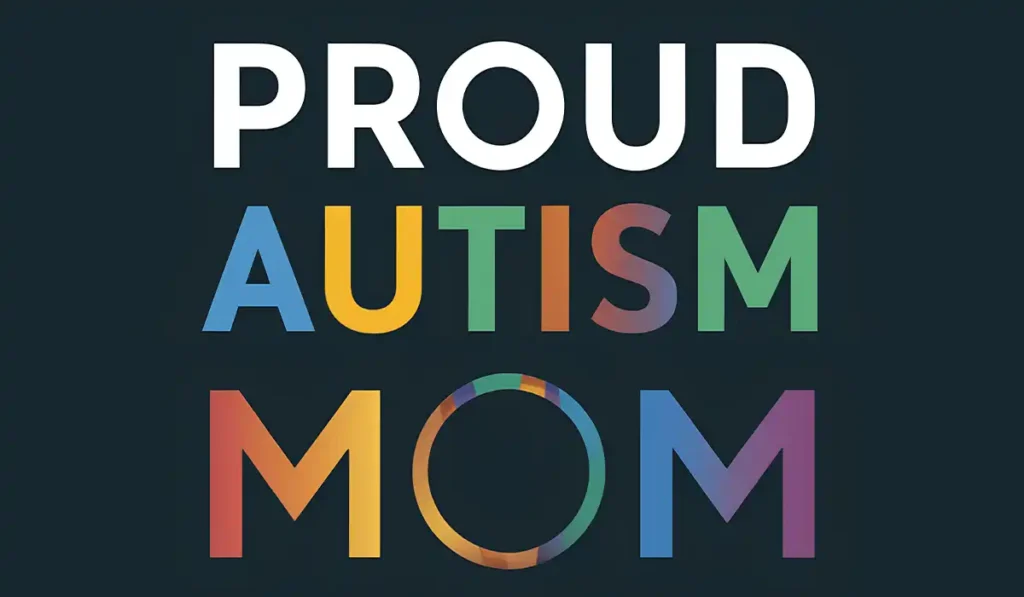Perhaps some parents will deny that they ever had these thoughts or feelings. If that’s the case maybe they had wonderful support systems that allowed them to carry on with their lives in the ways that parents of neurotypical children can. My story might not be similar at all to your story. I can only speak from my own experience. The reason I wanted to specialize in this area is because I studied autism at SUNY Stony Brook in 1976-78. It was a fascinating topic to me and I had read the book Flowers for Algernon. It was a book about an autistic man who couldn’t live a normal life or have love in his life. I worked in college as a research assistant at a time when behavioral psychology was a fairly new approach. I worked on very interesting studies of Autistic patients on a county hospital’s psychiatric floor. As a research assistant I watched hours of video tapes of behavioral therapy being used with patients to reduce negative behaviors and increase the positive ones. I eventually volunteered on that unit and worked with the same patients that I had been observing. Only the most severe cases of autism were seen on that unit. I observed patients with severe head banging, self stimming and an inability to connect and they were mostly non verbal.
By the time I had my first son, I had a BA in psychology and an MSW (masters degree in social work) and a few years of experience in the field of social work in medical settings. My first son was highly verbal but also somewhat antisocial. He didn’t react to other children in a normal, age appropriate way. By the age of 4 he spent his whole birthday party in the bathroom refusing to come out.
My 2nd son was born in 1991 while we were expats in Japan. I immediately had concerns about him. The pregnancy was complicated and so was the birth. Those issues may have nothing to do with his list of issues or they might. He is 33 now. I immediately suspected autism and it took 19 years of his life going from psychologist to psychologist, having multiple tests and consultations with geneticists and endocrinologists who gave very few answers but no one suspected autism but me. My younger son, Mark was non verbal at the age of 4 and still in diapers. He was accepted into a special ed pre-k in NYC. They were able to provide him with “early intervention” (which is now done at a much younger age, especially in the northeast for children covered by Medicaid). Diagnosis now is made sooner and I don’t know if he would have been diagnosed then or not. It wasn’t until he was 19 that I took him to an autism center and a psychologist who was affiliated with the Yale Child Study in CT. He was surprised that no one ever gave my son an autism diagnosis because he felt it was quite obvious that he is neurodivergent. I finally had validation after having IEP teams, pediatricians and other experts shake their heads no and say “he makes eye contact”. One reason why he made eye contact was because of the special ed pre-k and his hours of speech therapy and occupational therapy that were provided there and in the years ahead when he was mainstreamed.
The point I want to bring out here is that as parents of children like this, we are often isolated from the normal world of parenting at school. For me, that was a painful experience. I also went through a divorce and was a single parent. My son’s father never really seemed to understand the developmental milestones that were being missed. He relied too much on what the doctors were saying. What they were saying turned out to be wrong. I hear this story over and over from that era. I don’t know what it is like now to raise a child diagnosed with autism. I imagine it is difficult but there are more supports for both the children and the parents.
My focus is on helping those who have adult children over the age of 26. The age of 26 is when most services stop. It can happen by 21 but I was able to find some great services that were private pay for my son until he was 26 and his health insurance was covered. The major issue when an autistic child is in their 20s is finding out whether they can stand on their own two feet and how much. Once it is decided that will do best with supervision and coaching and 1:1 guidance, the availability of those services stop. Medicaid will cover some of this but if your child isn’t eligible for Medicaid at this time, you will spend a good amount of your savings on programs.
I have worked with many families with young adult children who have come home to live for various reasons. Anxiety is one of the diagnosis that I heard the most. A young adult living at home in their 20s because their anxiety prevents them from driving, working or getting through college. This often reeks havoc on the marriage and in many cases the parents either stay together but are estranged or they divorce. When one parent becomes the primary caretaker, the marriage often becomes a lower priority. If a parent is single, as I was, their dating life will be impeded by having a child with special needs. Many friends and peers would suggest I look for someone in the same situation as I was but that never seemed like a solution that I wanted. Just because a divorced dad understood my predicament did not mean we were well suited for each other as partners. The worst part was that unless you have gone through this same experience or a similar one with a disabled child, it is hard to explain to friends and even family how taxing and stressful it is. We are never free as some parents are when their children launch. That frees the parents up to travel or live a life beyond child raising. When you have an autistic adult that ends up living with you and who will always need supervision for the rest of their lives, you are never free of the concerns and worries about who can provide that and will they fall through the cracks and end up homeless? Some people are fortunate to have another child who will be the caretaker. Not everyone is lucky to have another child that is capable of doing that in a healthy and caring way.
The purpose of the coaching sessions is first to share your own story. Our stories are often overlooked. Our tireless efforts to advocate for our children even into the adult years is not acknowledged. I’m sure there are exceptions to this rule but generally speaking we are each alone in our journey through this issue. I hope to bring more parents together and be a supportive channel to help change the systems that offer help only to the children and not to the parents.



